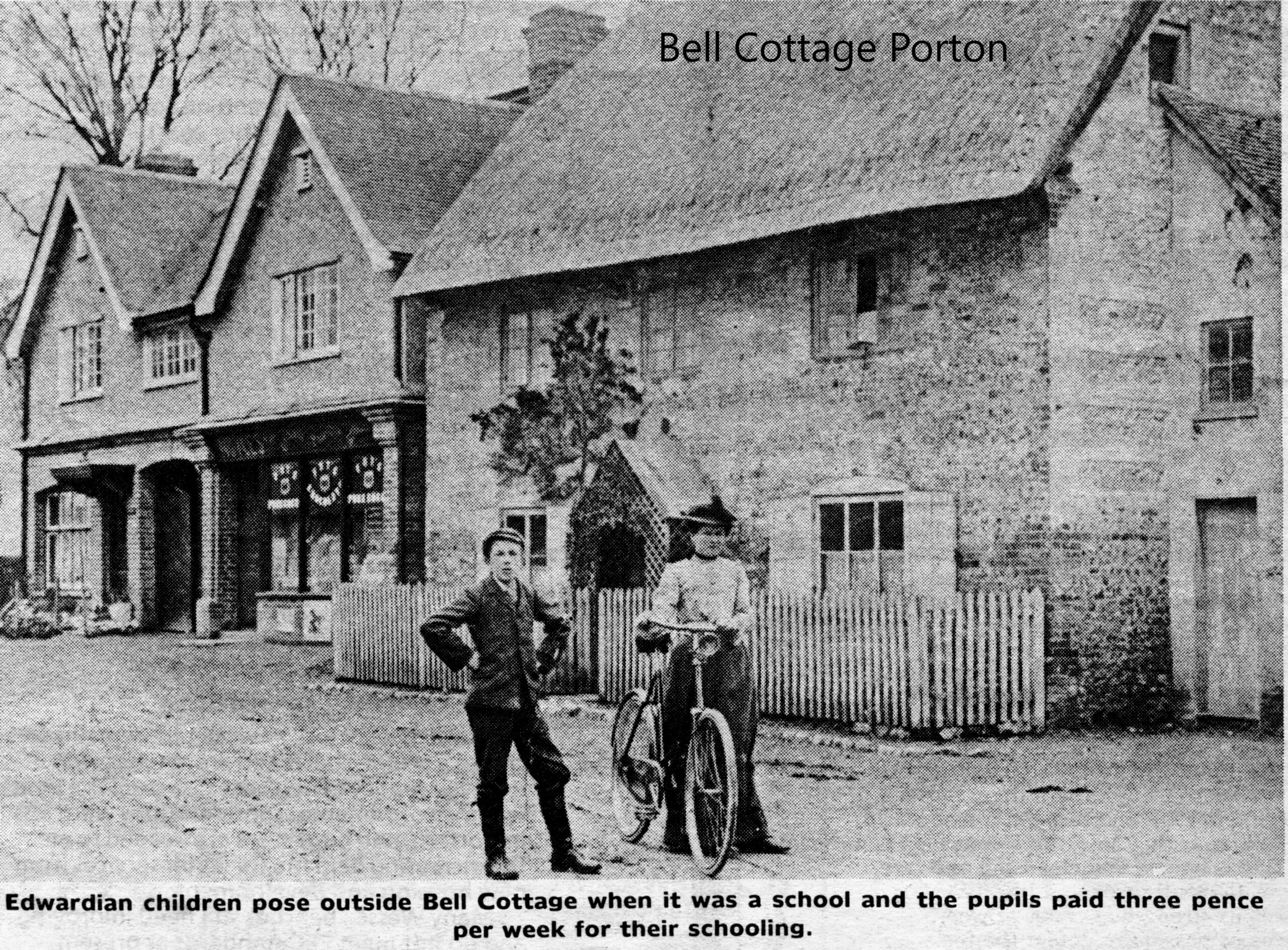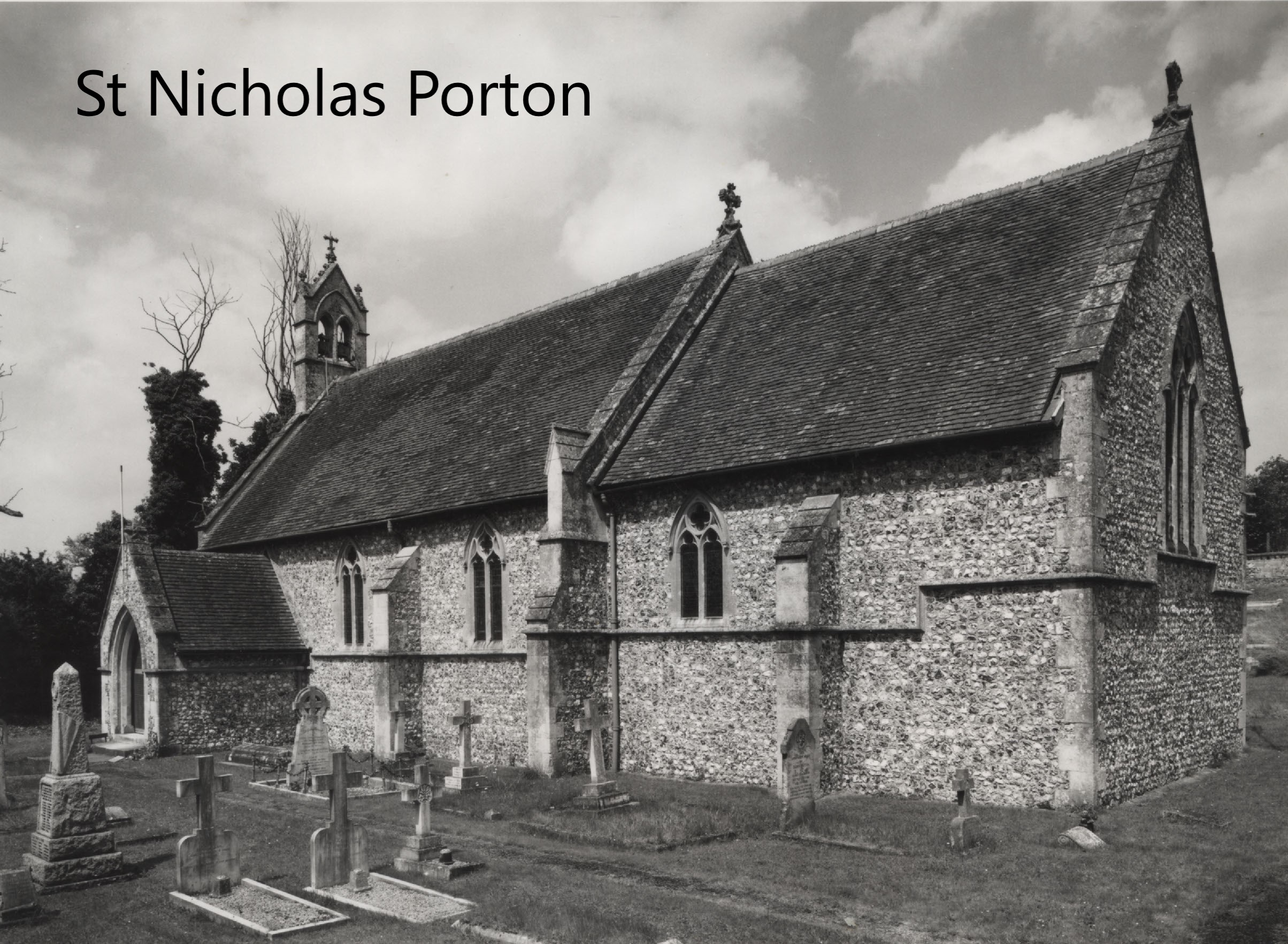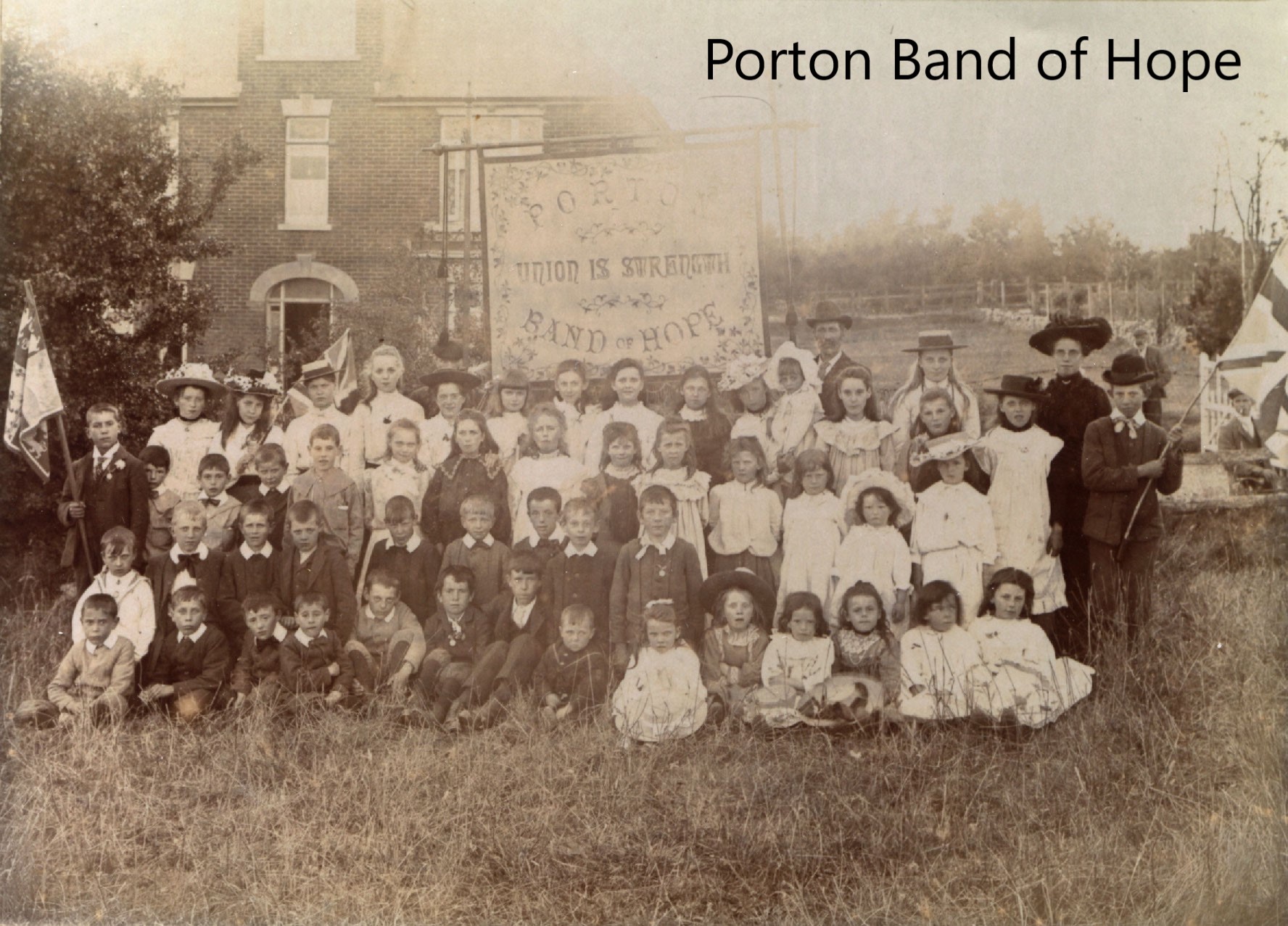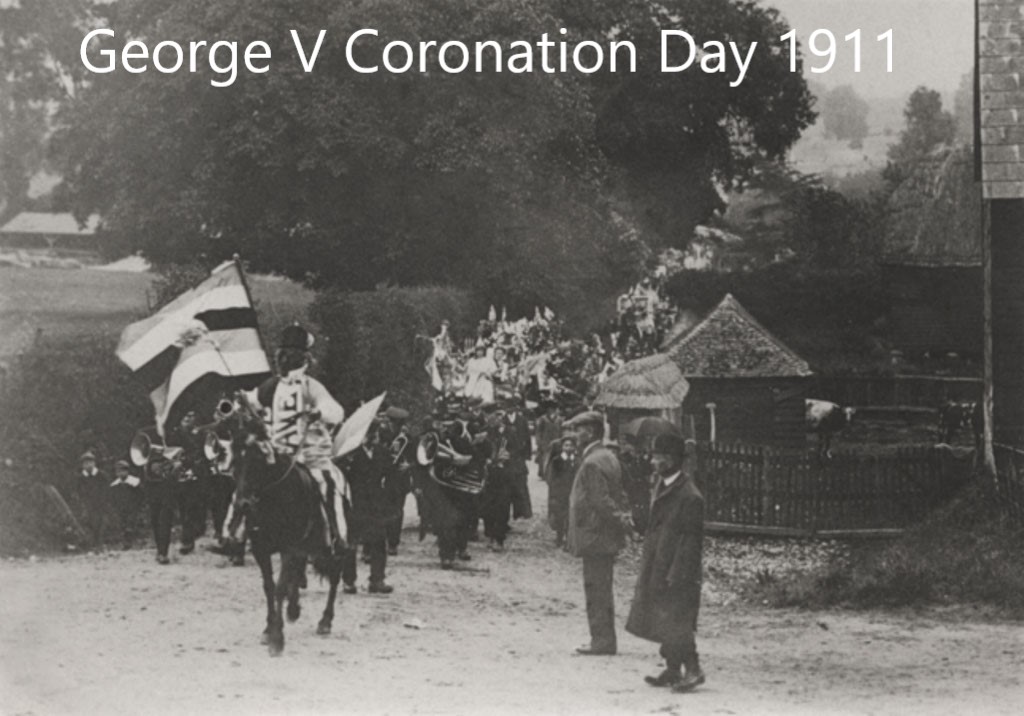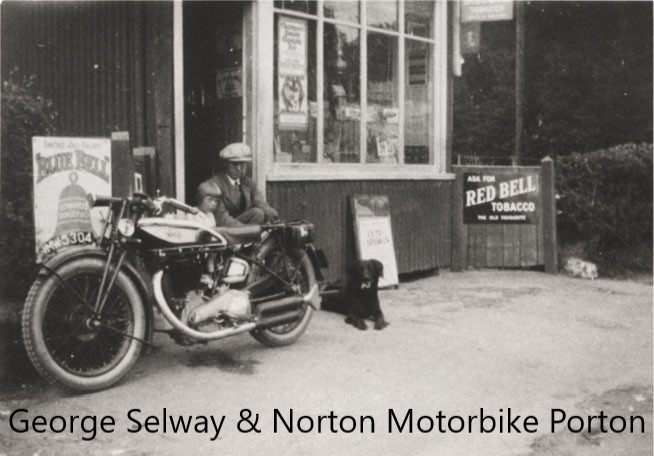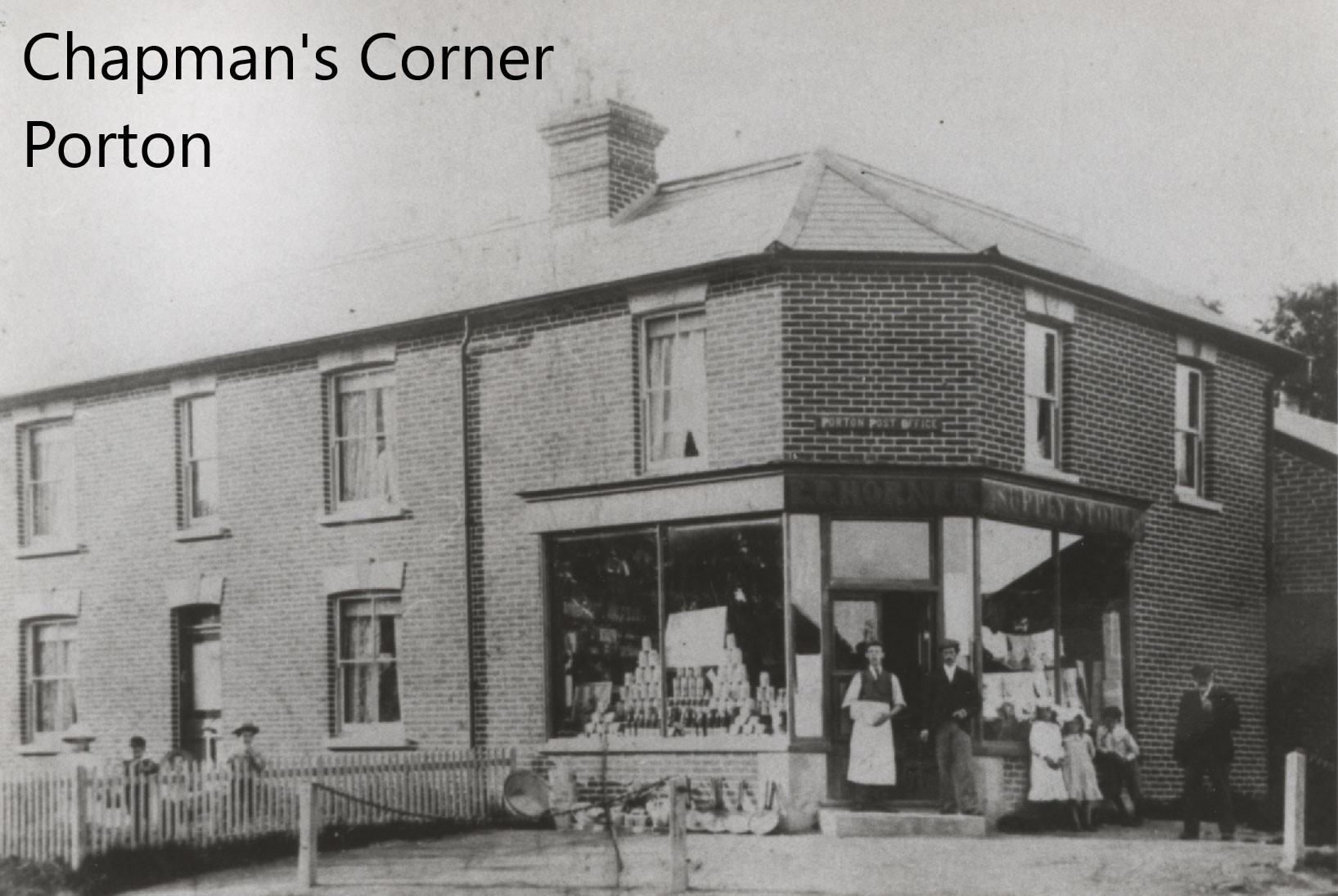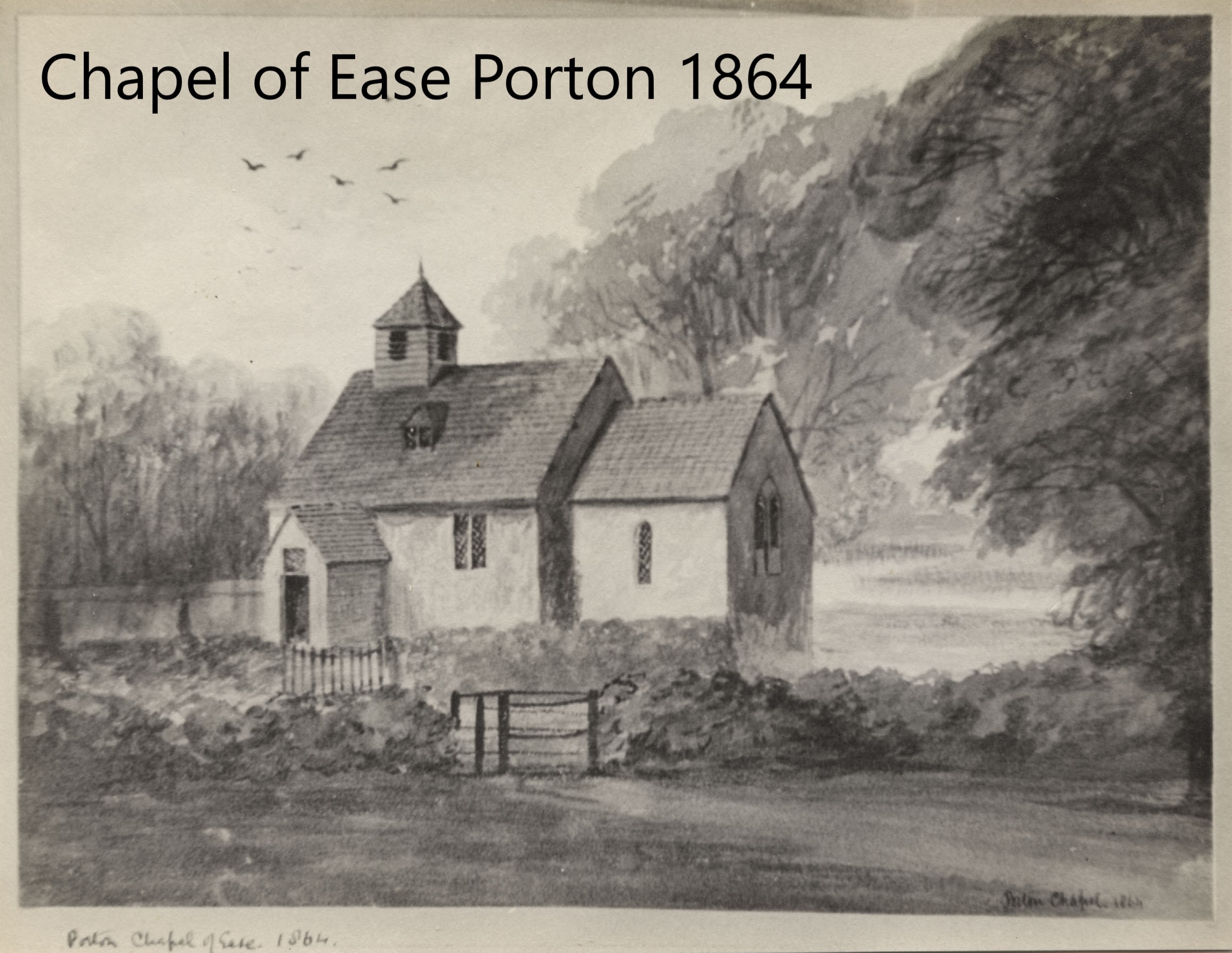PORTON
The Reverend Sykes has newly arrived in the parish, Idmiston’ s beautiful All Saints’ church is now “redundant”, replaced by Portons 19th century St Nicholas. The Methodist Chapel is now a house.
The Porton railway station served farmers from as far as Woodford and Durnford. Farm waggon wheels rattled by, harness bells jingles, and milk was sent to Wimbledon twice a day.
Boys went beating for the toffs, fished, found wild ducks’ eggs and sold pheasant nests for 6d.
But the story I most enjoyed of Old Porton town was not a bike ride to Frome or walks to Salisbury, wartime concerts at the camps or friendly Australian troops it was of little Derrick Bailey’s Sunday afternoons talking stamps at “Rose Moor” with Fred Bates. Unknown to anyone he was a German spy who sent signals from the willow trees by the river. Derrick heard him ask his wife. “Is the teapot hot?” until 1946 when “Fritz Battes” was caught in Bristol, no-one guessed that “teapot” was an aerial.
A wellington bomber landed in a Porton conker tree which now has an extraordinary shape.
A copse is named after Moll Harris the Highwaywoman.
Salisbury museum looks after a 3000-year-old dog they found there and the Royal College of Surgeons a 700-year-old skeleton with all its teeth.
Alison Kidd. Publisher, Salisbury Journal, 1988.
